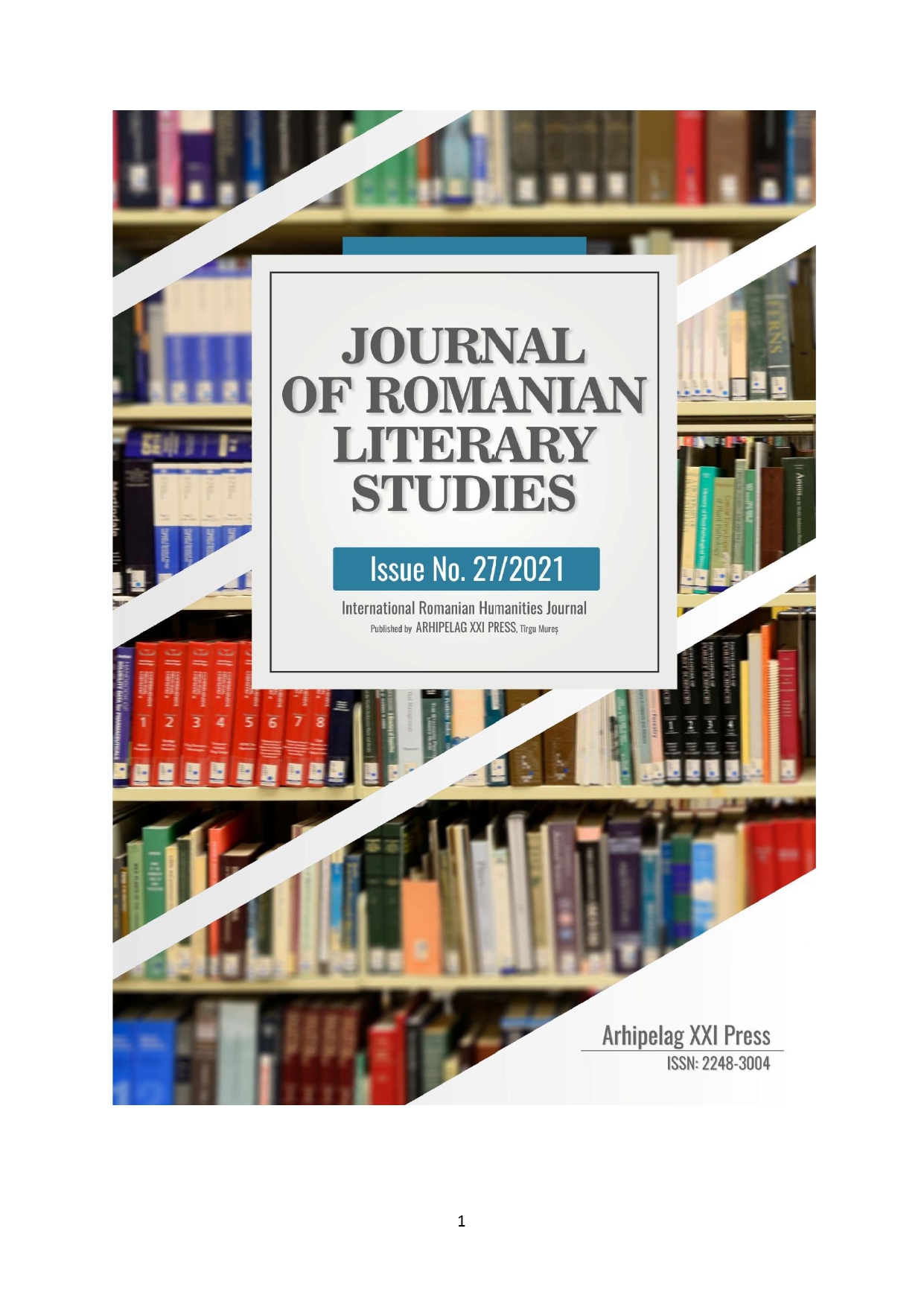THE TIME. PHILOSOPHICAL HERMENEUTICS, THEOLOGICAL REFLECTION AND LITURGICAL EXPERIENCE-PART ONE
THE TIME. PHILOSOPHICAL HERMENEUTICS, THEOLOGICAL REFLECTION AND LITURGICAL EXPERIENCE-PART ONE
Author(s): Gherasim SocaSubject(s): Systematic Theology, Phenomenology, Hermeneutics, History of Religion, Ontology, Psychology of Religion
Published by: Editura Arhipelag XXI
Keywords: death; eternity; liturgical time; philosophy; time;
Summary/Abstract: This communicate signs up on the line of an interdisciplinary approach, which is to be taken as an demarche within the realm of theological liturgy and of philosophical thinking concerning the subject of time itself. The research seeks the critical approach of philosophical thinking concerning time as a class, which appertains existence itself, by also taking into consideration the reference of many authors, such as Martin Heidegger – alongside his notable work Sein und Zeit (Being and Time), in which it is originally approached the subject of phenomenology –, Henri Bergson, etc., capitalizing, all together, the recent researches regarding the idea of time and the experience of time. We will later approach the idea of how time is seen by the orthodox theology, especially from Father Dumitru Stăniloae position in his theological studies focused on the liturgical time, also by the most important spiritual figures that belonged in the contemporary orthodoxy. For theology and for liturgical experience, time cannot be seen self- depended from eternity. Eternity itself allows the existence of time, by also giving it value and meaning. Only the eschatological perception offers value to the ordinary time. From the liturgical and philosophical points of view, the relationship between time and eternity, and the possible meeting between them, it is what we wish to put forward via this communicate. Inside of liturgical experience, God conveys the soul-destroying time into a linear one, which is an eschatological destination. Moreover, this destination is present, updated and foretasted in the relationship with God, through particular praying but also through liturgical prayer. This is the concrete quote from Saint Maximus the Confessor, which states that everything that is created is catechized after the Cross. Even time itself is traversed by the Cross because through it we ascend to “a new paradise and new land”, but, simultaneously, that reality already exists within God Himself, like a crack from above and within the eternal life.
Journal: Journal of Romanian Literary Studies
- Issue Year: 2021
- Issue No: 27
- Page Range: 492-506
- Page Count: 15
- Language: Romanian

